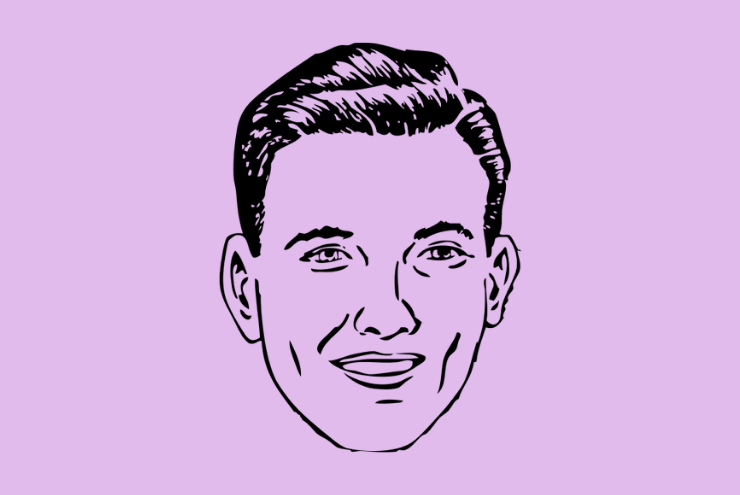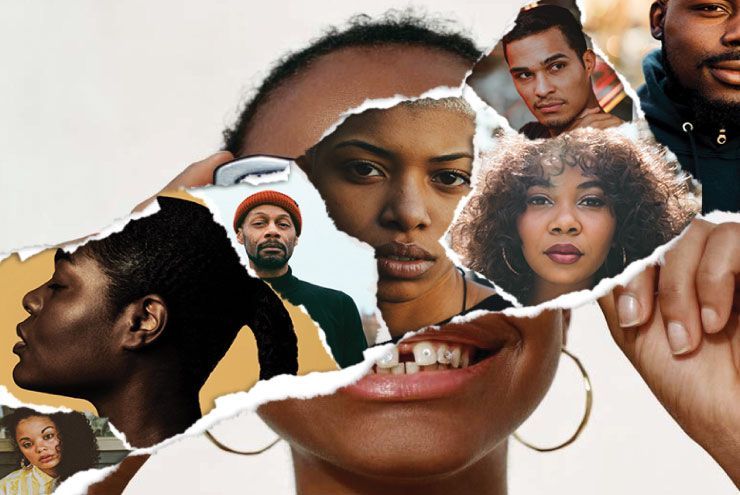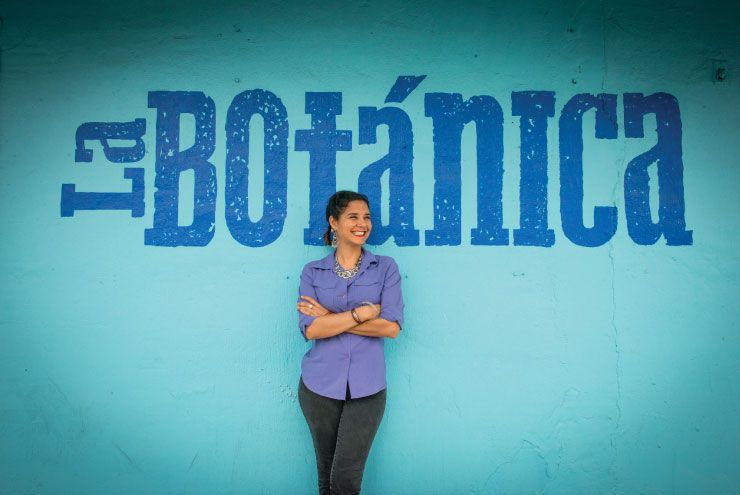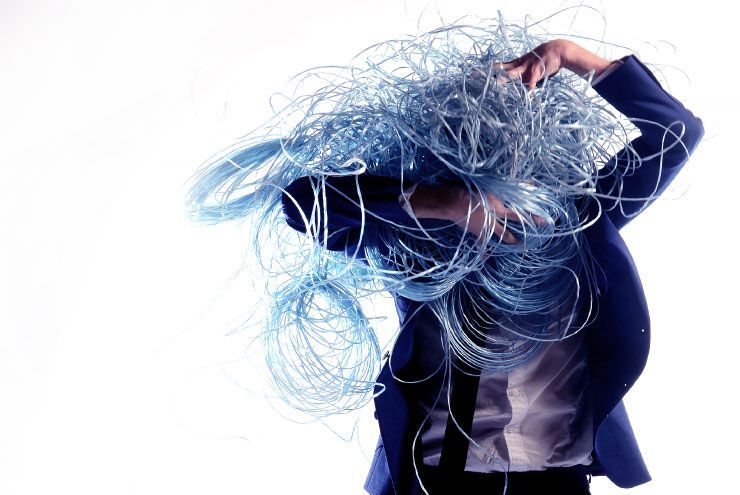By JD Doyle
I was in the sixth grade at Buckeye Elementary School in Salem, Ohio, a small town of 12,000. There really were buckeye trees lining the street outside of the school. This was a conservative time in a conservative state. The year was 1959. Eisenhower was in his second term. The Edsel was still the attention-getting new car. On State Street (our Main Street), the two focal points were the Woolsworth Five and Dime and the State Theatre, only three doors apart. A few blocks up on Lincoln Avenue was the junior high, and a number of blocks further, the relatively new high school, the only one in town. We were a pleasant dot in the country, 25 miles from the nearest city, Youngstown (where I would go to college).
It was a normal school day. I was at the end of a hallway near a classroom door. A bunch of the rougher boys were carousing around a few feet away and one of them called out, “You queer!” Now, it wasn’t directed at me, but it left a definite impression—I can still recall that scene in my mind all these decades later. I didn’t think, at least at the time, that the boy’s words had a “gay” connotation—but they could have, as I was quite naive. Regardless, his words stood out in my mind. I secretly knew I was in that group they despised.
As I said, this was a conservative time—I have no memory of hearing “faggot” or any of the other homo-associated terms during high school (it was outside of the consciousness of that place and time). That doesn’t mean I skated through—I was still a misfit and was picked on. Being “picked on” seemed easier in those days though, at least in my schools. There were definitely bullies, but kids (as far as I knew) weren’t stuffed into lockers, didn’t have their books knocked out of their hands, didn’t get “swirlees” in the restroom toilets, etc. I endured, hung with the other eggheads, had many more friends who were girls than boys, and avoided sports at any cost.
I remember, one time, I could not avoid playing touch football in the yard behind the school. The ball was dropped by someone on the other team and, by some fluke, I stopped it. I immediately threw it to the closest member of “my” team, one of the bullies named Jay. I remember his look of disgust because I did not know (or care) that the play was already automatically over. That also sticks in my memory. I couldn’t wait to graduate and escape with the rest of the class of ‘65. Still repressed about being gay, it took me a long time to process it all. After all, I was a shy boy in a time with no role models and way before the Internet. I didn’t know anyone who was gay. I would have many more years left in the closet.
“Queer” was still a predominantly negative term. Homophobes did not care if there were “well-behaved” gays and lesbians—and forget the rest of the alphabet, that was way beyond them. We were sick or criminal. We were all queer. Their hatred didn’t differentiate.
Flash forward: I processed a long time. I finally came out in 1978 and entered a crash course on being gay. I soaked it all in. The next year, I was named editor of a gay newspaper (in Norfolk). I moved to Houston in 1981, got through the AIDS years, and, by 2000, had fully adjusted to my queer identity to the point that I wanted to do something creative with it. It was then that I began a radio show I called Queer Music Heritage, which was part of the KPFT show Queer Voices for 15 years. Now, when the word “queer” is used negatively, it just bounces off me. I can use it on my own terms and with Pride.
JD Doyle is an American LGBTQ music and history archivist/historian. While the QMH radio show ended in 2015, it is archived at JDDoyleArchives.org, along with the sites HoustonLGBTHistory.org and TexasObituaryProject.org. Last year, all of his sites were selected by the Library of Congress for inclusion in their digital preservation program for LGBTQ Studies. He lives in Houston, Texas.







